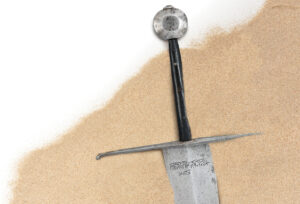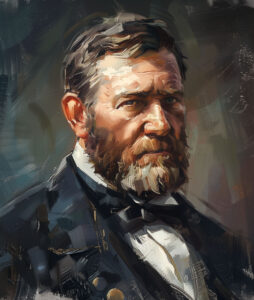As Larry Tagg’s book title implies, The Unpopular Mr. Lincoln: The Story of America’s Most Reviled President (Savas Beatie) is not the warm and fuzzy portrait we’re used to seeing. Tagg has produced an eye-opening study, the first of its kind to focus on what Lincoln’s contemporaries really thought of him. On the other hand, this is not mean-spirited Lincoln-bashing. Tagg judiciously in – corporates quotes by contemporaries to lend his story substance and weight.
Readers are likely to share Tagg’s amazement at the “unsurpassed venom” of the criticism Lincoln endured—even though, according to Tagg, there was much to criticize. Tagg assesses his presidency within the social and political context of mid–19th century America. It was a time, for example, when “the rabid press routinely destroyed the reputations of public men,” when the stature of the presidency, “stained by feeble performances from a string of the poorest Presidents in the nation’s history,” had plunged over decades.
Lincoln adapted to his role and asserted his authority. But considering the barrage of abuse he endured, Tagg says, “The depth of Lincoln’s travail is much of what ennobles him.”
Barry Schwartz’s Abraham Lincoln in the Post-Heroic Era: History and Memory in Late Twentieth-Century America (University of Chicago Press) reveals how the iconic president’s place in Americans’ memory has evolved from roughly 1930 to the present. Each generation has alternately embraced Lincoln as “Savior of the Union” or the “Great Emancipator.” The transformation has often been dramatic. “Lincoln has always been a lamp illuminating the ideals of the American people,”
Schwartz writes, “as well as a mirror reflecting their interests.” Schwartz believes that during the Great Depression and World War II, Lincoln’s prestige reached its peak. In the course of those years, his memory was “invoked countless times as a reminder of America’s strength and wisdom.” Successive generations emphasized Lincoln in whatever role the particular needs of the era demanded.
As times changed, Lincoln’s prestige has changed with them. In the second half of the 20th century, for instance, Americans tended to analyze leaders rather than idolize them. While today “Lincoln remains one of the few historical leaders still respected by the vast majority of American Historians,” according to Schwartz this overall view fails to reflect his “diminishing place in the imagination of ordinary people.”
Charles Flood’s 1864: Lincoln at the Gates of History (Simon & Schuster) draws parallels in Lincoln’s personal and public lives, focusing on what was perhaps the most pivotal year of the Civil War. Lincoln faced an avalanche of challenges in 1864. The outcome of the war as well as his chances for reelection were in doubt in that tumultuous period. “The cry of widows and or phans,” John Hay wrote, “was al – ways in his ears.” Even before the unprecedented bloodshed that would commence during the military campaigns that spring, Lincoln lamented in February 1864, “This war is eating my life out.”
Flood’s chronicle brings into focus a very human Lincoln: at times a frail man, at times a majestic leader.
Originally published in the December 2009 issue of Civil War Times. To subscribe, click here.




